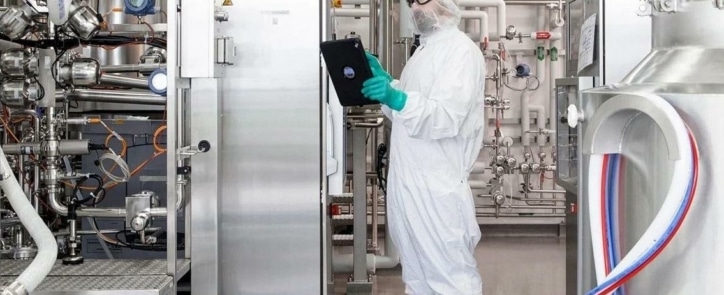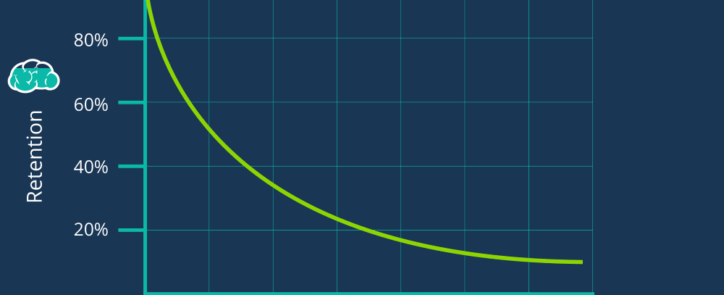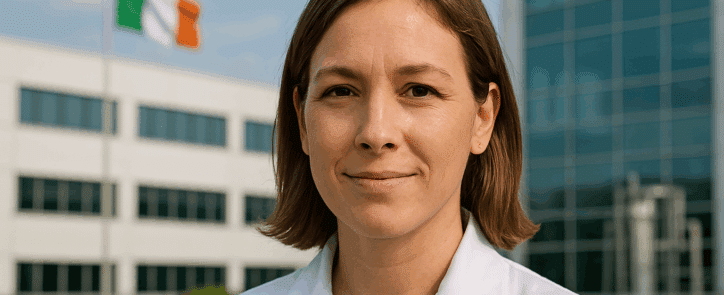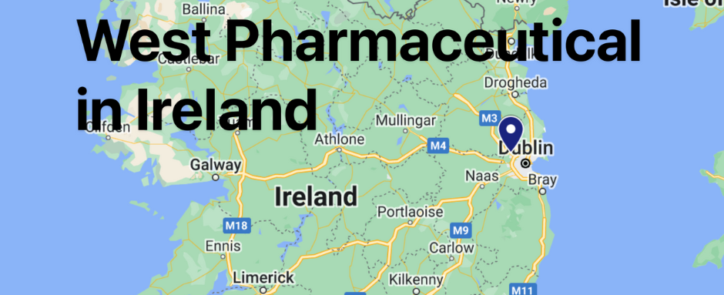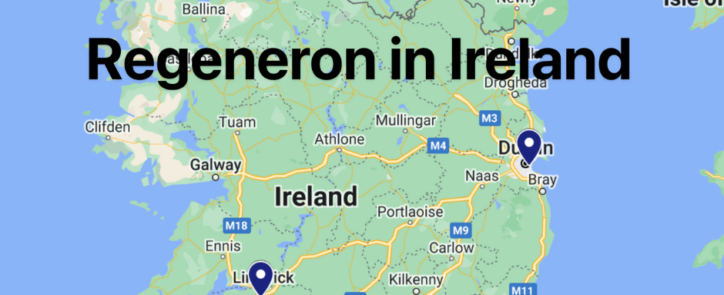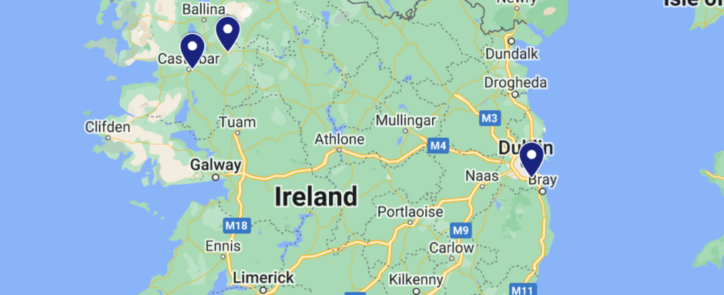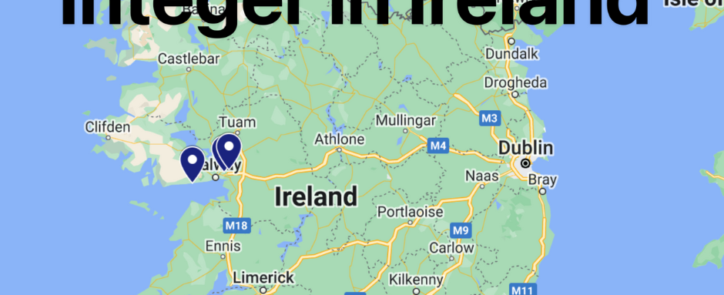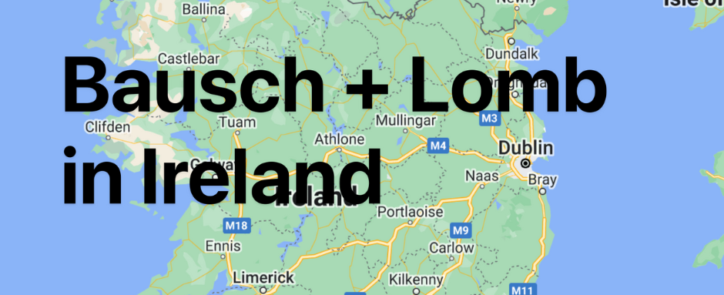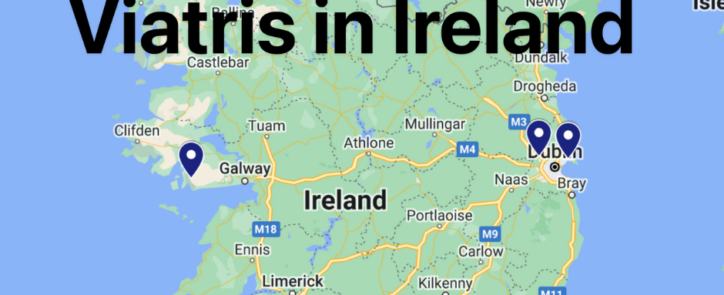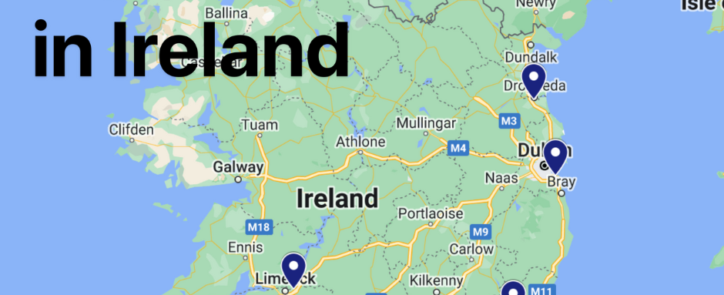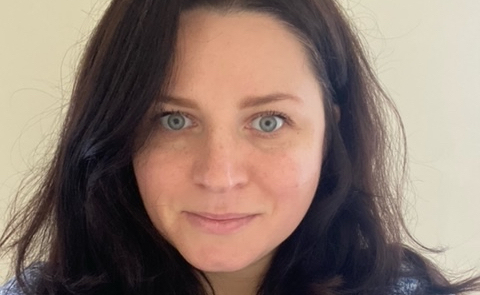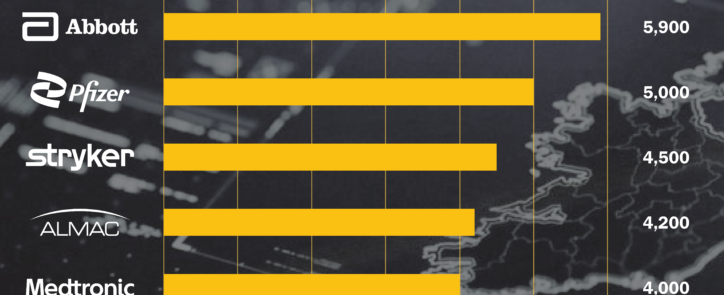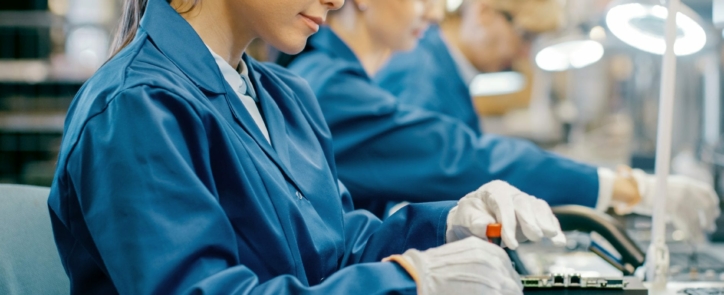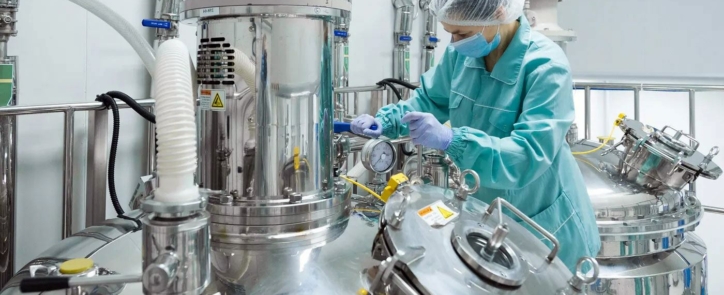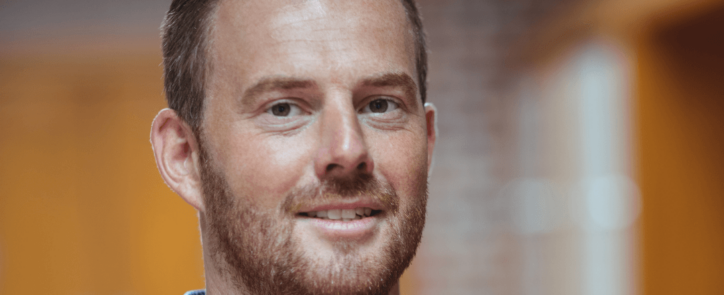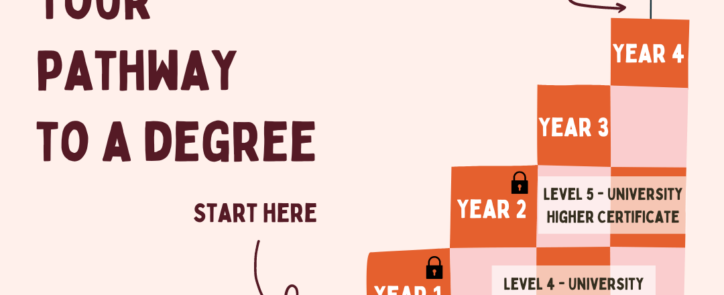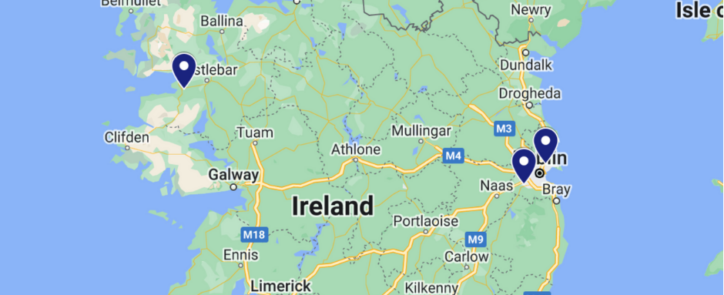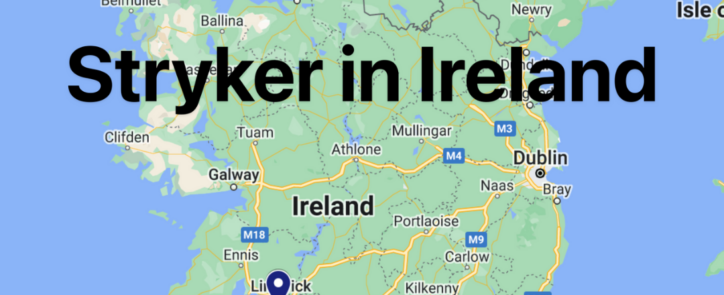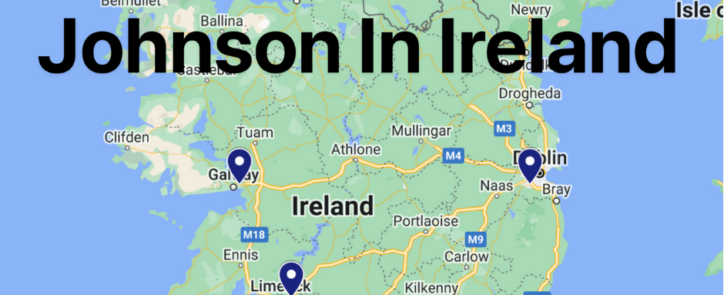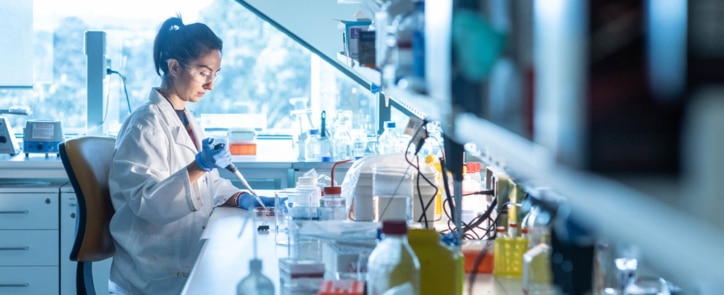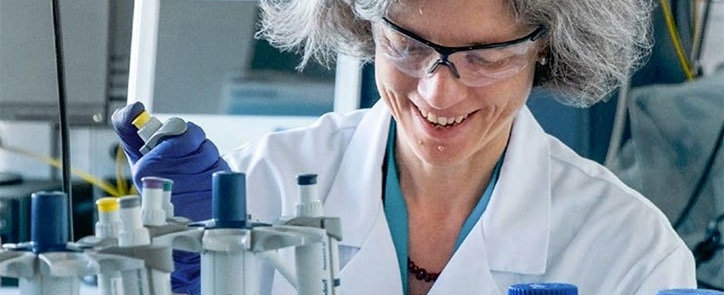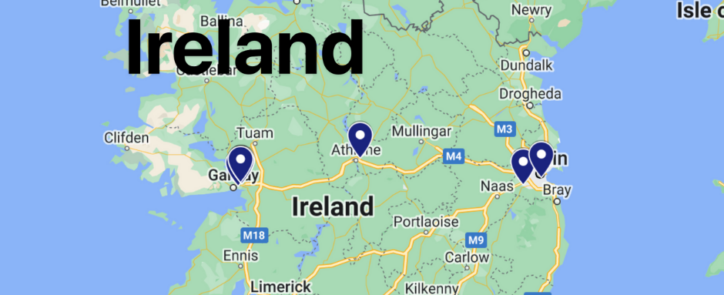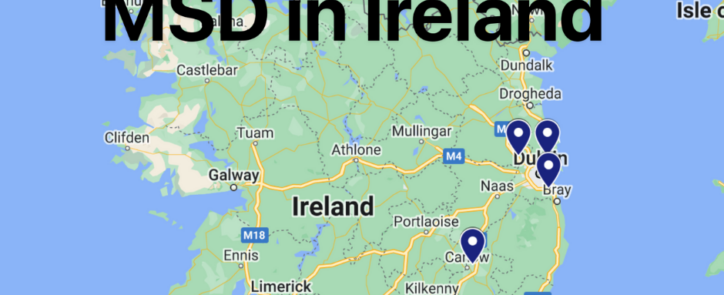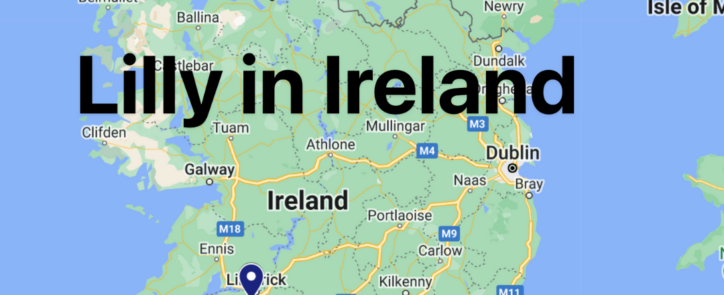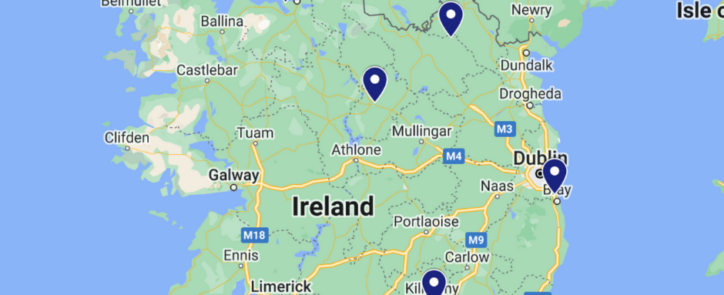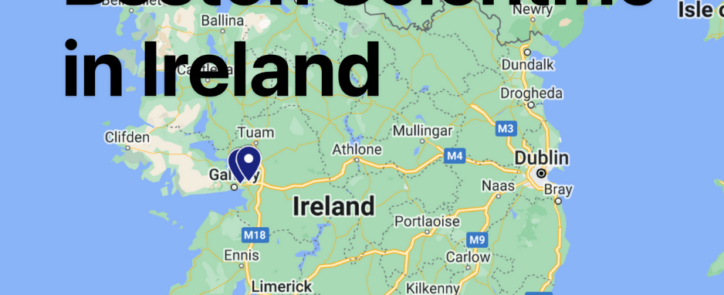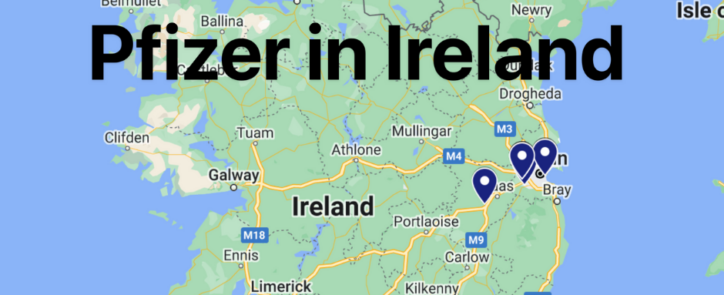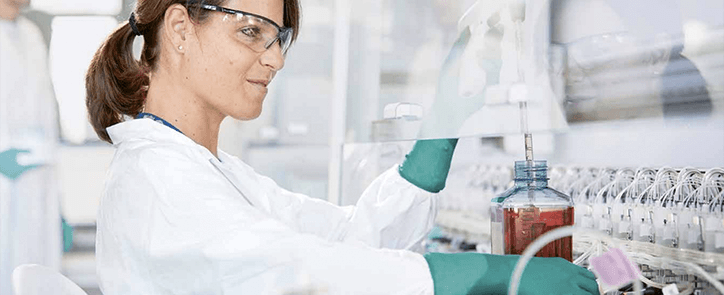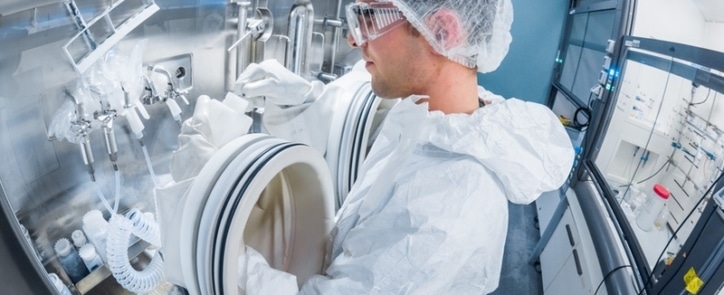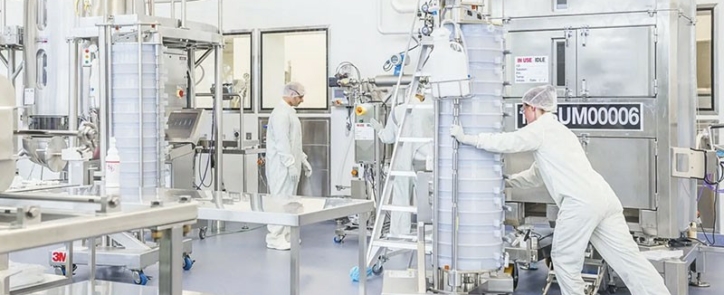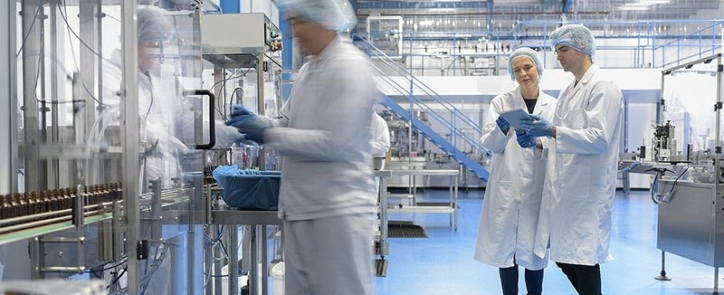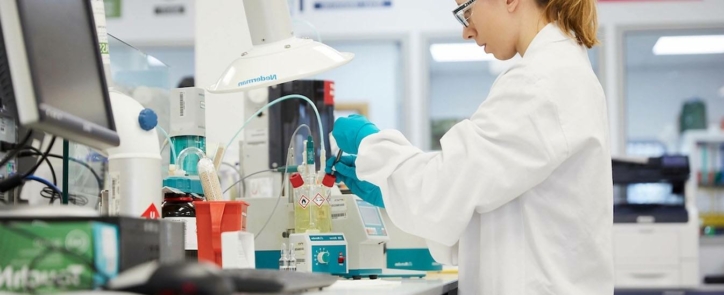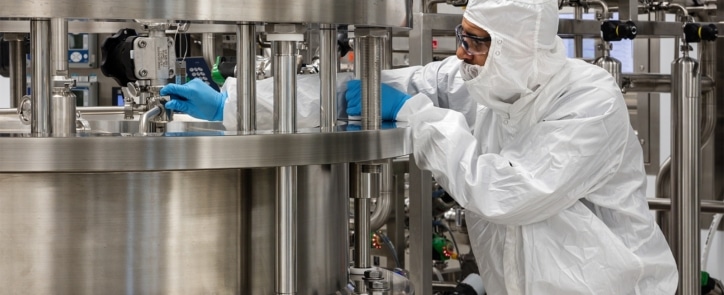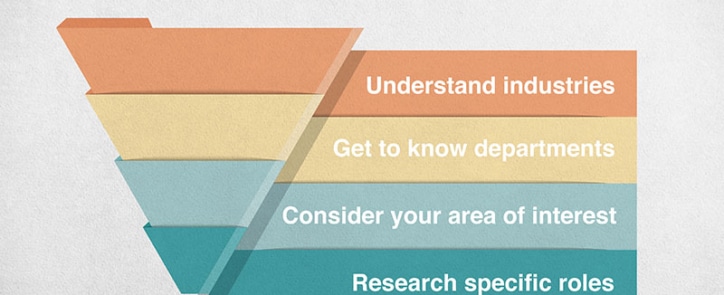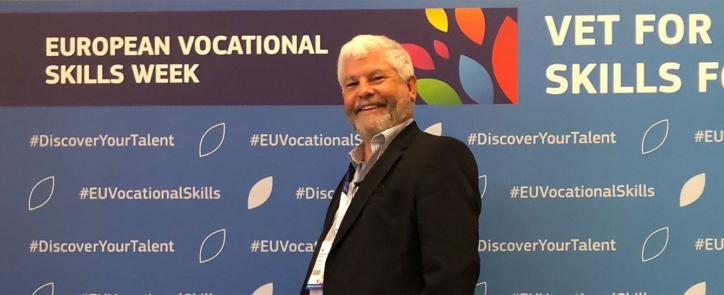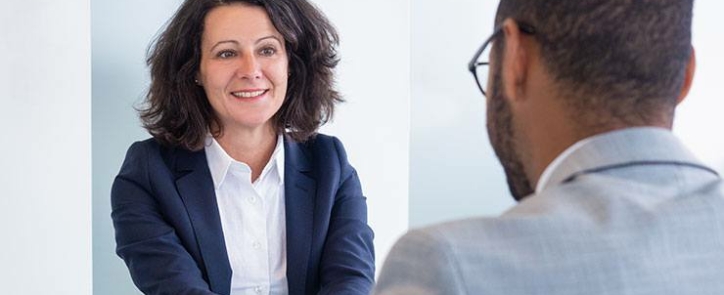Production Operators work in a (non-chemical or non-biochemical) manufacturing environment to transform individual parts, sub-assemblies, and materials into distinct products (i.e. cars, phones, TVs, computers, cans, and machine tools) often on an assembly line. They oversee machinery, handle equipment setup, maintenance, and adjustments, monitor product standards, and enforce safety protocols.
Is a career change into pharma still a good idea in 2025?
We take a look at industry expert opinions, real job advert data and recent job announcements to consider whether a move into pharma and medical device manufacturing is still a great career choice in 2025.
The Easy Switch from Semicon to Pharma
Moving from semicon to pharma is an easy career change. There are a lot of similarities between the industries and if you've worked in semicon, you've got skills that pharma employers want.
The Forgetting Curve in Pharma Manufacturing
Production Operators work in a (non-chemical or non-biochemical) manufacturing environment to transform individual parts, sub-assemblies, and materials into distinct products (i.e. cars, phones, TVs, computers, cans, and machine tools) often on an assembly line. They oversee machinery, handle equipment setup, maintenance, and adjustments, monitor product standards, and enforce safety protocols.
Irish Pharma Jobs Safe for the Next 10 Years – Here’s Why
Becton Dickinson & Company (BD) was founded in 1897 in New Jersey, US and was a pioneer in the production of hypodermic needles. Today, it is the 8th biggest Medical Device company in the world (based on 2023 revenue), employing 75,000 people in over 50 countries. In Ireland, the company currently employs over 1300 people across 3 manufacturing sites (in Dublin, Louth and Wexford) and 2 R&D facilities (in Dublin and Limerick).
West Pharmaceutical Services in Dublin and Waterford, Ireland
West Pharmaceutical Services was founded in 1923 in Philadelphia, Pennsylvania by Herman O. West. The company designs and produces packaging containment and drug delivery products for injectable medicines. In Ireland, West Pharmaceutical Services operate 2 manufacturing facilities (one in Dublin and one in Waterford) as well as a Global Financial Services Centre, employing over 1200 people across these 3 sites.
Regeneron in Dublin and Limerick, Ireland
Biopharmaceutical company Regeneron was founded in 1988, by physician-scientists in New York, USA. Regeneron moved into Ireland in 2013 and now has offices in Dublin and a manufacturing site in Limerick. Today, the company employs approximately 1500 people in the country.
Baxter in Dublin and Mayo, Ireland
Baxter began in the 1930s by launching the first commercially prepared intravenous solutions. It has grown to be the 11th biggest MedTech company in the world (based on 2023 revenue). The company employs almost 2000 people in Ireland, across sites in Dublin and Mayo.
Integer in Galway & Wexford, Ireland
Integer is a contract development and manufacturing organisation (CDMO) for medical devices. The company was formed in 2015 when Greatbatch Inc acquired Lake Region Medical, and was renamed Integer in 2016. Integer has 4 sites in Ireland - 3 in Galway and 1 in New Ross, Wexford - and currently employs over 1700 people in the country.
Bausch + Lomb in Waterford, Ireland
Bausch + Lomb began in Rochester, New York in 1853, as an optical goods store. Today, Bausch + Lomb employs approximately 13,300 people in over 100 countries. Their manufacturing facility in Waterford, Ireland opened in 1980 has grown to become Bausch + Lomb's biggest manufacturing site worldwide and Waterford's largest private employer.
Viatris in Dublin, Cork and Galway, Ireland
Viatris was formed in late 2020 through the merger of Mylan and Upjohn. The company make products in therapeutic areas including oncology, infectious disease, women’s health, neurology and rheumatology. There are 5 Viatris sites across Ireland in Dublin, Cork and Galway - 4 manufacturing facilities and 1 office complex.
BD in Dublin, Limerick, Louth and Wexford in Ireland
Becton Dickinson & Company (BD) was founded in 1897 in New Jersey, US and was a pioneer in the production of hypodermic needles. Today, it is the 8th biggest Medical Device company in the world (based on 2023 revenue), employing 75,000 people in over 50 countries. In Ireland, the company currently employs over 1300 people across 3 manufacturing sites (in Dublin, Louth and Wexford) and 2 R&D facilities (in Dublin and Limerick).
Hanna’s (unfiltered!) Study Diary
Balancing work and study isn’t easy, but Hanna’s found a way! Follow her journey through her University Certificate in eBioPharmaChem program with GetReskilled, where she shares her insights and experiences weekly. Don’t miss out!
Top 10 Pharmaceutical and Medical Device Companies in Ireland by Workforce
By Donagh Fitzgerald and Claire Wilson. Last Updated: April 2025 Ireland has a world-renowned reputation for pharmaceutical and medical device manufacturing. The country is home to 9 of the world’s top 10 pharmaceutical companies and 18 of the top 25 MedTech companies by annual sales and revenue. [...]
What is a Production Operator and How Can You Become One?
Production Operators work in a (non-chemical or non-biochemical) manufacturing environment to transform individual parts, sub-assemblies, and materials into distinct products (i.e. cars, phones, TVs, computers, cans, and machine tools) often on an assembly line. They oversee machinery, handle equipment setup, maintenance, and adjustments, monitor product standards, and enforce safety protocols.
What is a Process Operator and How Can You Become One?
Process Operators operate and monitor chemical or biochemical manufacturing processes, especially continuous flow ones on an industrial scale to turn raw materials such as milk, oil or natural gas (using heat, cold, pressure, or a chemical agent) into an end product (e.g. butter, beer, milk formula, drugs, vaccines, paint, etc.). These individuals play a crucial role in ensuring the smooth and efficient running of manufacturing or production processes.
The ideal BSc (Hons) degree for people working full time
Quitting your job to study full time is an unrealistic thought for most people. We decided to create a BSc (Hons) degree specifically for mature students that can be studied alongside a full time job. Let’s take a look at a few key features that make it a really great option for people currently in employment…
Why you shouldn’t give up your job to study as a mature student
Far too many mature students put off their education thinking they need to quit their job to be able to get a degree. When we developed our BSc (Hons) degree programme specifically for mature students, one of the key features we wanted to include was the ability of our students to keep working while they study.
3 ways mature students fall through the cracks at university … and why it doesn’t happen to GetReskilled students
In traditional universities, the vast majority of undergraduates are starting out in their late teens, straight from school. Mature students can find themselves falling between the cracks of this system. When we created our degree specifically for mature students, we knew we’d have to build safety nets around key areas where mature students typically struggle.
The benefits of a degree application without UCAS
UCAS is the application system that traditional universities use to gather and process student applications for full-time courses. As a mature student, it can be a little frustrating. Our BSc (Hons) programme does not use the UCAS system for applications and that offers several advantages...
The ideal BSc (Hons) degree for retirees
We designed our degree specifically for mature students - it's an ideal choice for retirees. So whether you’re looking to keep your mind active by learning something new, want to finally get a BSc (Hons) degree or simply have a love of learning, this could be just what you’re looking for.
The ideal BSc (Hons) degree for parents
Life with children is unpredictable. That can make traditional university programmes difficult or even impossible. So we designed a university accredited BSc (Hons) degree that's fully flexible, online & part-time - it's the ideal choice for parents.
What does “fully flexible” online learning actually mean?
Fully flexible online learning is a great option for mature students looking to get a degree. But what does "fully flexible" actually mean?
Your Degree Pathway Explained
Our BSc (Hons) in Pharmaceutical and Medicinal Product Manufacturing is a truly unique degree option. The structure and course delivery methods were specifically designed to meet the needs of mature students. Let's take a look at the steps involved in getting this degree.
AbbVie in Cork, Dublin, Mayo and Sligo in Ireland
AbbVie was formed in 2013 when Abbott Laboratories separated into two publicly traded companies. AbbVie would operate as a research-based pharmaceutical manufacturer that specialises in making small molecule drugs. The company focuses on therapy areas such as immunology, oncology, neurological disorders and metabolic diseases. They are most well known for the rheumatoid arthritis treatment, Humira.
What We Learned from Analysing 100 Entry Level Pharma Job Ads
We checked 100 ads for entry level jobs in the Pharmaceutical Manufacturing Industry.
Job Hunting When You Don’t Yet Have Your Qualification in Your Hand
Does this sound familiar - you have done your part, completed all your studies, handed in all your assignments, finished all your exams, BUT you don’t yet have your qualification in your hand to prove it to employers when job hunting? There isn’t anything you can do to get your qualifictaion quicker - it’s out of your hands. So what can you do so that you can wrestle back some control on the situation?
Stryker in Cork and Limerick, Ireland & Belfast, NI
Dr. Stryker founded his company in the U.S in 1941, aiming to make products that met patients’ previously unmet healthcare needs. Today, Stryker is one of the biggest medtech companies in the world. They have seven sites located across Ireland - five manufacturing sites and an R&D Innovation Centre in Cork, and a manufacturing site in Limerick. They also have a manufacturing site in Belfast, Northern Ireland.
Johnson & Johnson in Cork, Dublin, Galway, Limerick and Mayo, Ireland
Johnson & Johnson is a US-based multinational company that was founded in 1886 with the initial idea that wounds should be treated and dressed using sterile equipment. Over time it has grown to be one of the biggest healthcare companies in the world. In Ireland, there are more than 5,000 people employed across sites in Cork, Galway and Limerick.
How to Convince Your Employer to Pay for Your Education
Are you thinking about going to university or taking a course to get a professional qualification? Trying to balance your commitments between work and home life is never easy. However, one of the biggest challenges can be figuring out how you are going to pay for the programme. But a great way to help with this is to convince your employer to help fund the cost of your tuition. Keep reading to figure out what steps you need to take and how to pitch your boss or manager or company.
How long does it take to get a job in the pharma industry?
How long does it take to go from making a job application to starting your first day at work in a pharmaceutical or medical device company? Of course, it varies from company to company and depends on the type of job you are applying for but the answer is commonly “much longer than expected”! Getting a job in this sector takes time and requires a significant amount of effort, preparation and waiting. The recruitment processes are generally multistep and rigorous with multiple checks and balances.
Medtronic in Galway, Athlone and Dublin in Ireland
Medtronic began as a medical supply repair shop in the US in 1949. When they moved into medical device manufacturing, their first commercial product was a battery-powered, wearable pacemaker. Today, they aim to develop and manufacture technology that improves the treatment and management of chronic conditions. In Ireland, the company employs more than 4,000 people across 5 sites in Galway, Athlone and Dublin.
MSD in Carlow, Cork, Dublin, Meath and Tipperary in Ireland
MSD was founded in 1891 and has grown to be the world’s seventh-largest pharmaceutical company. MSD began production in Ireland in 1976. They have so far invested over $4 billion in the country, developing six sites across five counties – Carlow, Cork, Dublin, Meath and Tipperary. Today, they employ approximately 2,800 in Ireland and export products made there to over 60 countries. The company’s annual turnover makes them one of Ireland’s top 20 companies.
Lilly in Cork and Limerick in Ireland
Colonel Eli Lilly started the company in 1876. His motto to his employees, and all that followed within the company, was: “Take what you find here and make it better and better.” In 1923, Lilly launched the first commercially available insulin product. Their focus on diabetes care continued and in 1982, the company launched Humulin – insulin that was manufactured but identical to that produced by the human body.
Abbott in Cavan, Donegal, Dublin, Kilkenny, Longford, Sligo and Tipperary in Ireland
Abbott was founded in 1888 by Dr Wallace C. Abbott in Chicago, USA. The company is involved in the research, development, manufacture, and marketing of a range of products. Their portfolio spans the breadth of healthcare including medical devices, diagnostics, branded generic pharmaceuticals, and nutritionals.
Boston Scientific in Cork, Galway and Tipperary in Ireland
Boston Scientific is one of the biggest MedTech companies in the world – employing over 41,000 people around the world and selling products in 115 countries. The company was founded in 1979 with the aim of creating less invasive medical devices and procedures, and they continue to innovate across expanding areas of medicine. Today, their medical devices are used to diagnose and treat patients with issues in the areas of cardiology, urology, endoscopy and many more.
Pfizer in Cork, Dublin and Kildare, Ireland
Pfizer is the world’s largest research-based pharmaceutical company with operations spanning the globe. Its research headquarters are located in Groton, Connecticut, America. Pfizer develops and produces vaccines and medicines for a range of conditions in the areas of oncology, infections and infestations, cardiology, ophthalmology, neurology and psychiatry. It has been in Ireland for over 50 years and currently has 3 manufacturing plants located there.
Good Manufacturing Practices (GMP) Guide (Without Jargon)
What are good manufacturing practices (GMP)? Good Manufacturing Practices (GMP) – are a set of product quality regulations that have the force of law and require that manufacturers and packagers of medicines and medical devices take steps to make sure their products are safe, pure and effective.
6 Top Skills for Entry-Level Pharma Manufacturing Jobs in the UK
What does the ideal candidate for an entry-level job in pharma manufacturing look like? We’ve analysed job adverts from pharma employers across the UK to find out. In this article we’re specifically looking at “soft” or transferable skills, counting down to the most popular. No matter what your educational background or work experience is, it’s likely that you can boost the case for yourself as a suitable candidate by demonstrating you have these skills. And while this is a good general guide, the most important thing to remember is to carefully read each individual job advert and highlight the skills mentioned within it as your tailor your CV for that application.
The Pharma Industry on YouTube – GetReskilled
Whether you're trying to get to grips with what working in the industry "looks" like or you're preparing for an interview, it's always valuable to hear directly from employers. YouTube is a great place to do this. Not every company has a YouTube channel but those that do, are a really valuable resource. We've [...]
How to Write a CV – Part 8: Formatting
If you’ve worked through these articles in order, you’ve seen how a CV builds section by section. We’ve thought about the content that should go in every section so that you’re doing the best job possible at selling yourself to potential employers. We’ve also talked a little about layout options for each section.
How to Write a CV – Part 7: References
As soon as you start your job hunt you’ll need to consider who you can use as references. You’ll typically need 2 people, at least one should be a previous employer (and usually you’ll need to include your last employer). Former employers are legally obligated to give basic reference details for their employees but if you’re using someone who wasn’t a former employer, you should check ahead of time that they are willing to be a reference for you. Then you have to decide if/how you’re presenting this information on your CV.. If you choose to include it, the references section should be a brief section on your CV.
How to Write a CV – Part 6: Skills, Hobbies & Interests
The purpose of this Section: To give an employer an insight into how you spend your personal time and the type of person you are. You might historically have viewed this section as a tick-box exercise that you only include because you “should”. But this section can actually be really useful in convincing someone you’ve got relevant skills for the role. This can be particularly helpful if you can demonstrate a skill listed on the job advert that you’ve not been able to demonstrate within another section of your CV
How to Write a CV – Part 5: Employment History
Purpose of this section: To give an employer a full but concise overview of your employment history, highlighting relevant experience and skills. The “Employment History” section of your CV should be far more than dates and a list of the duties of your job. By adding in specific achievements, tangible details and transferable skills, your previous employment section can be a highly persuasive section of your CV, even if you’re making a mid-career change.
How to Write a CV – Part 4: Education & Other Courses
By: Claire Wilson. Last Updated: April 2022 Purpose of this Section: To give an employer a useful overview of your academic history The Basics of this Section This should be a quick and easy section for an employer to read and [...]
How to Write a CV – Part 3: Personal Profile
By: Claire Wilson. Last Updated: April 2022 The Purpose of this Section: To give a succinct overview of yourself that grabs the attention of the reader by highlighting the key things about you that make you suitable for this role. Personal Profile… Personal [...]
How to Write a CV – Part 2: Personal Details
By: Claire Wilson. Last Updated: April 2022 The Purpose of this Section: To ensure that an employer can reach you by their preferred method of communication if they want to follow up on your application. The personal details should be the easiest [...]
How to Write a CV – Part 1: The Clues Hidden in Every Job Advert
By: Claire Wilson. Last Updated: April 2022 If you’ve been viewing job adverts as a basic description of a role’s duties and responsibilities, and the education and employment background they want from a candidate - you’ve been reading them wrong. A simple change in mindset will revolutionise [...]
How to Write a CV – Your Ultimate Guide
By: Claire Wilson. Last Updated: April 2022 Everybody thinks they know how to write a CV. The problem is, what they typically mean is… “I wrote a CV a while back and it did me fine then, I can update that and send it out for any [...]
England’s North West Pharmaceutical and Med Device Companies
By: Claire Wilson. Last Updated: July 2023 Image: Danone UK North West Pharmaceutical Industry and MedTech Sector at a Glance Employs 25,500 people across the North West Turnover of £6,072m Generates 38% of all UK pharmaceutical output Home to Alderley Park, the UK’s largest [...]
26 Myths, Misconceptions and Observations About Finding a Job in Pharma and Medical Device Manufacturing
By: Claire Wilson BSc and Donagh Fitzgerald B.Prod Eng. Last Updated: February 2024 Image: Körber What are some of the biggest myths about trying to find a new job within the pharmaceutical or medical device manufacturing industry? And what are some of the things [...]
The Thriving Life Science Sector in Wales
By: Claire Wilson. Last Updated: July 2023 Image: tradeandinvest.wales Welsh Life Science Sector at a Glance Employs over 12,000 people across 360 companies Annual turnover of over £2bn Average of 5% growth in recent years 20% more life science companies per capita than the [...]
The Best Pharma & MedTech Podcasts
By: Claire Wilson and Sinead Creaner. Last Updated: April 2022 Whether you're in the industry and trying to stay up-to-date, or looking to start a career in pharma or medtech and trying to get to grips with the environment, keeping of top of industry developments isn't easy. [...]
Take a look inside the UK’s pharma plants
By: Claire Wilson. Last Updated: April 2022 Image: Takeda If you're trying to make a career change into pharma or medical device manufacturing, it can be difficult to really picture what it might involve. Strict rules and regulations mean that you're unlikely to be able [...]
The Latest UK Pharma Manufacturing Job Announcements
Keeping up with new plant announcements, expansion plans, and brand new companies is a great way to find out about the latest opportunities within your commutable area. But it can also be prohibitively time-consuming. So we've decided to give you all the benefits with none of the time-draining difficulties! In this post, [...]
6 Easy Steps to Planning Your Career for the Pharmaceutical Industry
By: Claire Wilson. Last Updated: April 2022 You should do more than just plan for your first job in the pharma industry - you should plan for a career. Many people make the mistake of stumbling through their career - waiting for opportunities to present themselves and [...]
What Type of Jobs Can Engineers Get in the Pharma Industry?
By: Donagh Fitzgerald. Last Updated: April 2022 Image: Masterflex UK What Kind of Jobs Can Engineers Get in the Pharma Industry? There are an enormous variety and range of engineering disciplines so it can be a real challenge to figure out what kind of jobs [...]
CV Masterclass: Selling Your Employment History When Changing Industry
By: Claire Wilson. Last Updated: April 2022 The “Employment History” section of your CV should be far more than dates and a list of the duties of your job. By adding in specific achievements, tangible details and transferable skills, your previous employment section can be a highly [...]
VET Awards success 2019
by Gerard Creaner (President, GetReskilled) I’m absolutely delighted to announce that GetReskilled and Technological University Dublin finished 2nd in our category at the European Commission Vocational Education Training (VET) Excellence Awards 2019. Just to be recognised at a European level is a real honour. I’m really proud to be bringing home [...]
How do I get a job in the pharmaceutical or medical device industry with no experience?
By: Claire Wilson. Last Updated: April 2022 How Do I Get a Job in Pharma With No Industry Experience? Contents You need to aim for the right jobs Know what the job advert is REALLY telling you When to pick up the phone Tips [...]
